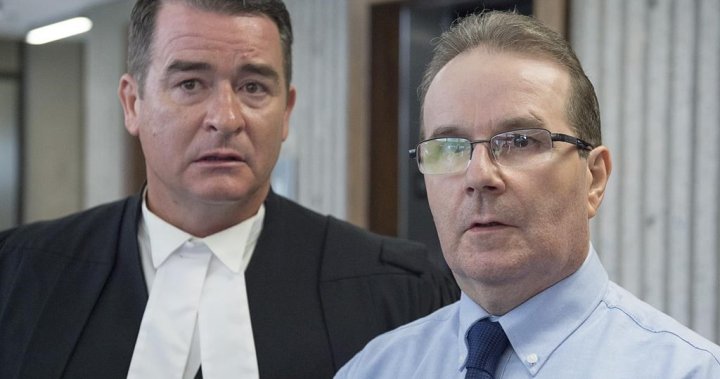
Why lawyers say alleged police wrongdoing in the Glen Assoun case can’t be forgotten
Global News
A defence lawyer says the push to restart a criminal investigation into police destruction of evidence in the Glen Assoun wrongful conviction case could set a precedent.
For Sean MacDonald, the push to restart a criminal investigation into police destruction of evidence in the Glen Assoun wrongful conviction case matters both for personal reasons and for the precedent it could set.
The defence lawyer, who teamed with Phil Campbell in the long battle to prove Assoun’s innocence, said the ordeal took a huge health toll on the Nova Scotia man, whom he first met in 2006 as he languished in prison for the 1995 murder of Brenda Way.
“Glen suffered and continued to suffer up until the day that he died,” MacDonald said in an interview Wednesday, referring to Assoun’s death last June at the age of 67.
Assoun spent almost 17 years in jail and five years under strict bail conditions before being acquitted of the killing in 2019. Four months after his acquittal, the province’s Supreme Court released the federal investigation of the case, which revealed that an RCMP constable’s evidence — both electronic and paper files — pointing toward alternative suspects had been deleted or was missing.
But nearly four years later, a probe of the alleged evidence destruction remains stalled. The British Columbia watchdog agency that originally agreed to investigate dropped the case in April, citing workload issues, and Nova Scotia’s justice minister said recently he has adopted a “wait-and-see” approach on what to do about the probe.
MacDonald recalled that in the months before he died, Assoun was unhappy about the sudden halt to the probe and wanted his lawyer to battle on. MacDonald and other Canadian legal experts say the fight has broad implications.
“This has the potential to be a watershed moment because it will raise the bar for police conduct and create a dimension of accountability that, up to this point, to my knowledge has never existed,” he said.
MacDonald, who also sits on the board of the legal advocacy group Innocence Canada, says of the 29 findings of wrongful convictions since 1993, Assoun’s is the only one he’s aware of in which a watchdog agency has been charged with looking into alleged police wrongdoing by both officers and their supervisors.











